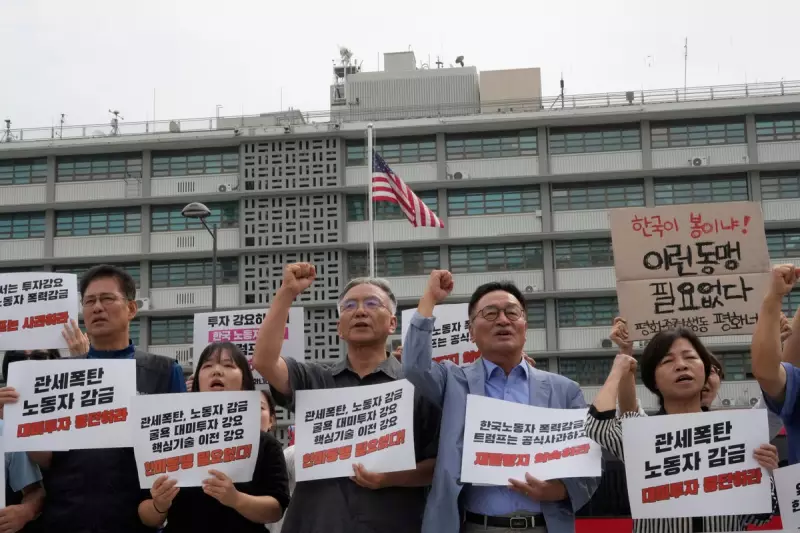
In a striking escalation of hardline immigration tactics, a massive operation orchestrated by Immigration and Customs Enforcement (ICE) targeted a Hyundai manufacturing plant in Alabama. The raid, which saw a significant number of workers detained, has sent shockwaves through the automotive industry and raised serious questions about the political motivations behind it.
The operation is being widely interpreted as a bold power play by allies of former President Donald Trump, signalling a aggressive return to the immigration enforcement policies that defined his first term. The timing and scale of the raid suggest it is more than a routine enforcement action, appearing instead as a calculated demonstration of strength to a specific political base.
The Human Cost on the Factory Floor
Eyewitnesses described a scene of chaos and confusion as federal agents swarmed the facility. Workers were reportedly questioned and detained on the spot, with many families left in the dark about the whereabouts of their loved ones. The human impact of such a large-scale operation is profound, disrupting livelihoods and creating an atmosphere of fear within the migrant community that supports a major state employer.
Straining International Diplomacy
Beyond the domestic implications, this action threatens to strain diplomatic relations with South Korea, a key US ally in Asia. Hyundai is a monumental South Korean corporation and a major investor in the American economy. An immigration raid on one of its flagship US operations is an unprecedented move that could be perceived as a direct affront, potentially chilling foreign investment and complicating strategic partnerships.
This event sets a powerful precedent, illustrating how immigration enforcement can be wielded not just as policy, but as a political tool with far-reaching economic and international consequences.





